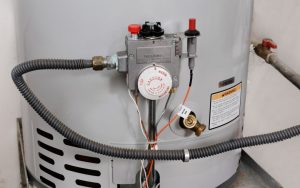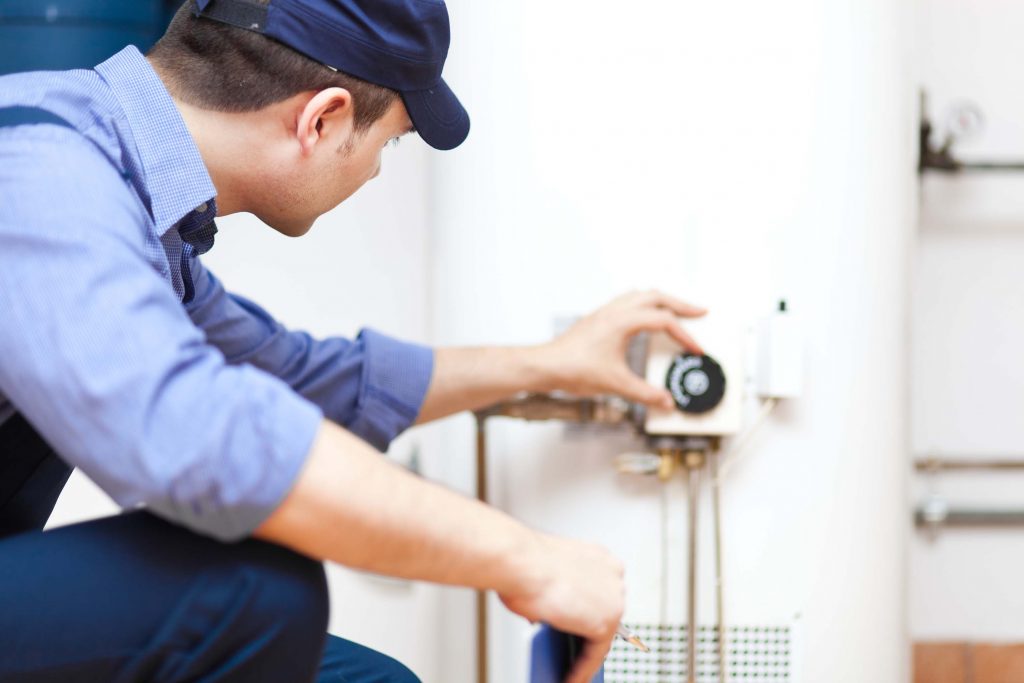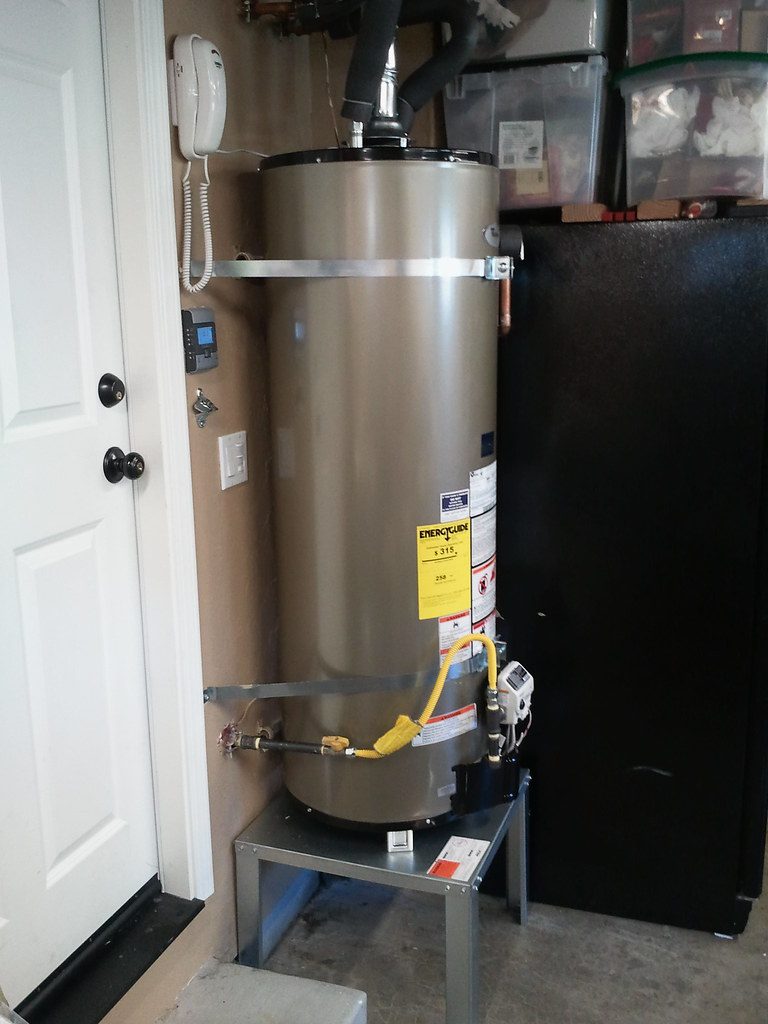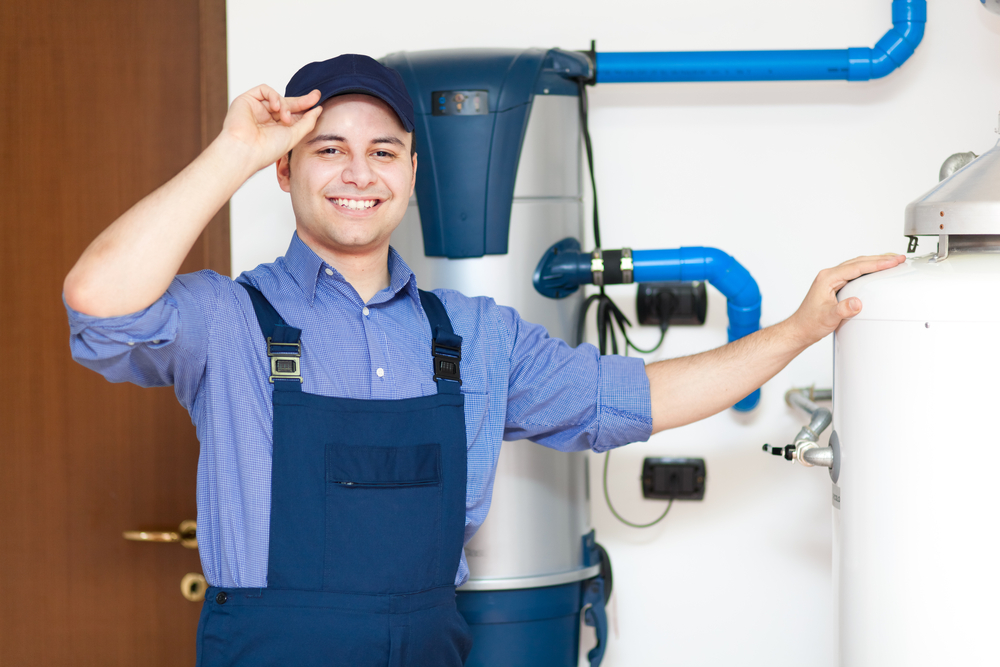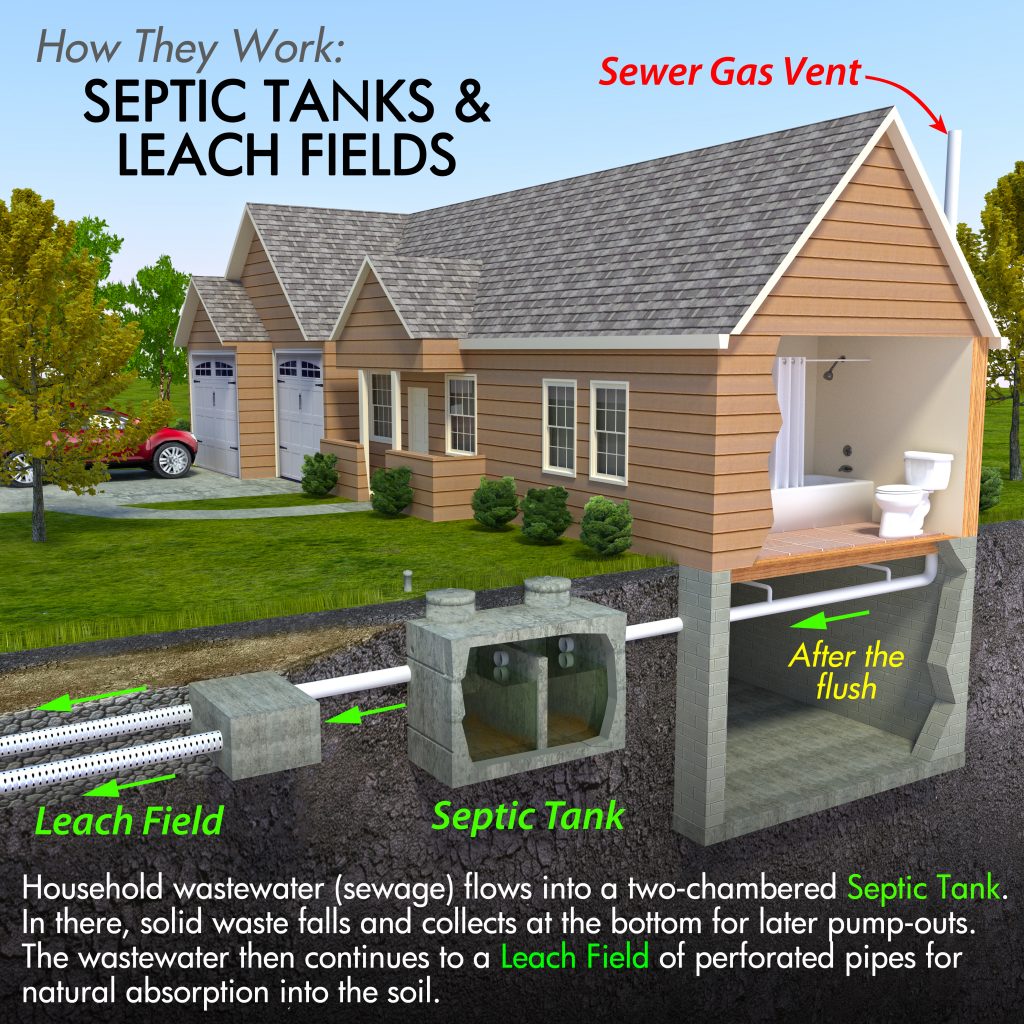
While aerobic systems are more sophisticated than standard systems, in order to function at their best, they still need routine maintenance.
Do’s and Don’ts to Support the Aerobic System
DO appoint a service contractor licensed to repair your septic system. All aerobic systems must be checked every 4 months according to TCEQ regulations, even if your county doesn’t require a maintenance company to perform the service (there’s a lot more to maintain your system than just adding chlorine, not to mention the health risk of getting into wastewater contact).
If your alarm turns on, don’t panic— it’s not usually an emergency. If your alarm sounds or light switches on, call your service company and through non-essential use of air.
DO employ a service contractor accredited by your system’s supplier that only replaces your system’s proprietary parts with the same proprietary parts— not parts for another assembled system.
Do not wait a few days to report the activation of the alarm.
Do not spray the irrigation sprinklers over the same region of the distribution area of the aerobic system, or there may be undue wetness/saturation.
Do not turn off the machine.
Check your chlorinator on average once a week to once a month (depending on your use of water).
Do not store chlorine in the closets of the water heater or water heaters. Keep away from electrical and gas. It is necessary to store chlorine in a cool, dry, ventilated area.
DO use ant killer to kill ants if any part of the system begins mounding.
Do not use chlorine tablets in the swimming pool for tablet chlorinators. Use only calcium hypochlorite tablets intended for wastewater treatment.
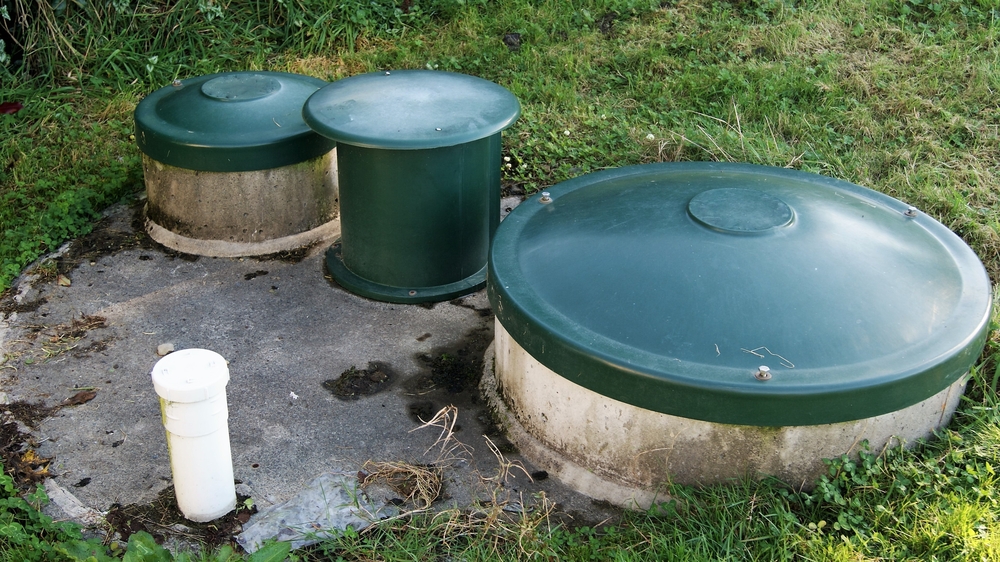
DO ensure that all parts of the system are always easily accessible (do not build over any component, use landscaping that might grow over, etc.).
DON’T encourage plumbers, landscapers, irrigation companies, etc. to install anything on their own or manage any part of the system except to apply chlorine and silence the alarm. Reparations paid by the homeowner or others usually negate the warranties of the system and make any repairs more costly.
DO be vigilant about what’s going into the process. Things that have been flushed down the commode and dumped down the drains do not vanish; the device should handle them.
Also, domestic sewage and toilet paper are treated with aerobic systems. Items that can damage your body include: improper use of garbage disposal fat, grease, and oil to wash too many fabric softener bleach cigarette butts and wipes feminine items paper towels Q-tips paint condoms, paint thinners, and varnishes drain cleaners and automatic toilet cleaners skin mixing food (meat, fruit)
DON’T permit any device or spray head positions to be altered. Change takes the program out of compliance and may result in additional costs for the property owner to bring it back into compliance.
DO pump your machine if your service provider requests it.
Each time the machine is serviced, Waco Septic Pumping specialists must take a sludge check. When you search for an Aerobic Septic System Repair Near Me, you may find the specialists will normally recommend pumping out all of the tanks when the sludge level in the aerobic system exceeds around 50% or higher or when excessive sludge builds up in the pump tank. Keep in mind the system needs to be pumped every 2-5 years by the average household.
NOT plant landscaping or spray heads around the system. Maintain the vegetation around the system mowed or trimmed and spray heads.
DO get a septic company familiar with your aerobic system make and design and understand what needs to be done to the system when it is pumped to avoid damage to the system. This allows you to better understand your system and know when and how often the system needs to be pumped to keep your system working great.
Do not view the system as a sewer for the city. The economy in water use helps prevent the process from being overwhelmed. It is also important to protect against leaky faucets, running commodes, etc. Do not do all of your laundries on the same day; water surges entering the system that overloads the system hydraulically and throws off the bacteria balance.
